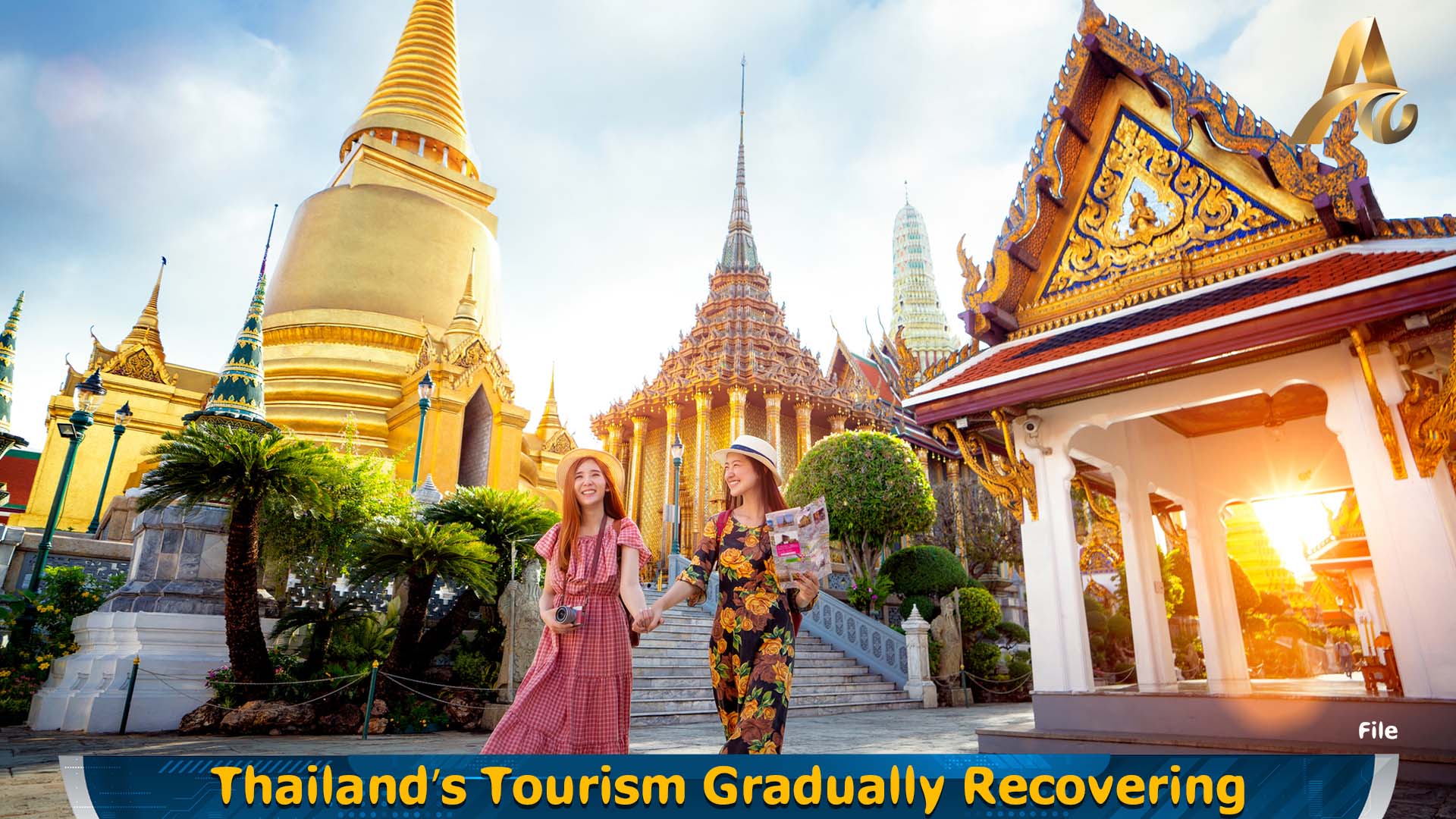INTERNATIONAL: Tourism is one of the world’s major economic sectors. But it is one of the sectors most affected by the Covid-19 pandemic, impacting economies, livelihoods, public services and opportunities on all continents. All parts of its vast value-chain have been affected.
Thailand’s reopening hasn’t quite caused an avalanche of tourists pouring into the country, but the tourism industry is seeing some recovery from the Covid-19 pandemic with a steadily increasing stream of arrivals gaining momentum. Nearly 60,000 international travelers have entered Thailand in the first 25 days of the reopening program.
With the increasing daily arrivals, November may hit the 100,00 tourists goal that the Executive Chairman at Kasikorn Research Centre had hoped to see. He felt that figure would be a reasonable goal that indicated moderate success in the early stages of the reopening, the first in Southeast Asia while others are now beginning to follow suit.
Thailand, one of Asia's most popular tourist destinations, has enforced strict entry curbs during the past 18 months, but from its reopening on 1 November, it has allowed vaccinated travelers from more than 60 countries to visit without having to quarantine.
Some tourists are expecting to experience the old normal like the nightlife. Tourists are not fully confident and still confused with government regulations of why there is a limited drinking time.
About 70 percent of tourists come from Europe, including Germany, the U.K., Scandinavian countries, followed by the U.S., Middle East, and Asia. Hotels and guesthouses have reported that they have an occupancy rate of more than 20 percent, two times higher than the third quarter during the pandemic. Owners of restaurants, resorts and other hotels are hoping for 30 percent occupancy in the fourth quarter as the country is starting to gain better momentum after it has reopened.
Although a shadow of its former self since the arrival of the COVID-19 pandemic last year, Bangkok's once-bustling Khaosan Road is showing slow signs of recovery nearly a month into its reopening to tourism.
Before the pandemic, Khaosan Road was heaving with people on weekends and at night with cheap beer bars, tattoo parlors, street vendors, hostels and buzzing nightlife drawing budget travelers and tour groups alike. As the country's borders closed, shops in Khaosan were boarded up, with a few dozen locals wandering past restaurants giving meal and drinks deals. The impact of the coronavirus pandemic on Bangkok, the world's most-visited city for four consecutive years before a ban on international travel, could not be clearer.
Despite the reopening, however, some restrictions remain, including on alcohol, which can only be sold at restaurants until 9PM in Bangkok.
Still, for some the smaller crowds and discounts on offer are an advantage. Thailand, one of the Asia-Pacific's most popular destinations, is heavily dependent on tourism. In 2019, it welcomed 40 million arrivals in 2019 who spent $57 billion. In the first ten months of 2021, Thailand saw 106,117 foreign tourists, a drop from 6.7 million recorded last year. The country expects only 200,000 foreign tourists this year, and 5 million in 2022.






















